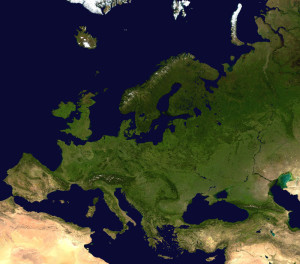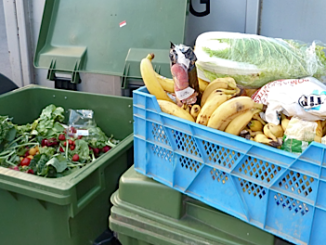
According to the figures on EU farm production released by Eurostat last week, the prices of animal feed, fertilisers and energy are expected to keep on rising. As far as farm income is concerned, some of the largest rises can be found in the new Member States – Romania, Hungary, Slovakia, Poland, Estonia and Latvia – where rises of more than 40 per cent were seen in some cases last year although they haven’t reach old members levels yet.
According to the experts this is because farm incomes were starting from a low base and rising rapidly to match incomes in the old Member States. And it’s not easy to catch up with the countries like Germany with a 14.7 per cent increase in incomes in 2011, Denmark with 20.2 per cent and Austria with 12.2 per cent. How some of the countries will sustain large rises in incomes with production prices rising more slowly than production costs is going to be one of the great questions for European agricultural sector next year.
France is the European Union’s largest agricultural producer, with farm output of 66.7 billion euros at basic prices, or 19 percent of the 27-nation bloc’s production, according to the EU’s statistical agency Eurostat. Although France, which has agricultural wages 10 points above the 2005 levels saw cuts in wages of 2.6 per cent in 2011. With new elections in 2012, President Sarkozy can be expected to give some financial hope to the rural electorate. At the same time French Agriculture Ministry predicts farm income to fall by 2.3 percent this year, weighed down by higher costs for fertilizer and animal feed, French Agriculture Ministry reported last week. Average pre-tax operating income per farmer this year is estimated at 30,200 euros, down from 30,900 euros in 2010, the ministry’s statistical department Agreste said. “Despite prices holding up well and business being vigorous, the rise of production costs penalises the revenue of plant producers as well as animal producers,” Agreste wrote in the report. Earnings for French producers of commodity crops including grains, oilseeds and sugar beets are forecast to slump 22 percent to an average 37,300 euros per farmer from 47,700 euros, the statistics department said.
“Other than the cost of fertilizer and energy, the drop in revenue is a result of the yield decline for most of the cereals following the drought in the spring of 2011,” Agreste wrote. “However, corn production progresses, helped by the summer rains.” It is estimated that vineyard income will climb to 55,100 euros this year from 36,400 euros in 2010, helped by a bigger grape harvest and rising wine prices on the back of increased exports. “The cost of animal feed, even if stabilised at the end of the year, hurts the revenue,” Agreste said. “It’s compensated for by a favorable price evolution in dairy-cattle and poultry breeding.” Pig-farmers’ income will fall to an average 26,500 euros from 35,600 euros, while earnings for poultry breeders are estimated to have climbed to an average 32,100 euros in 2011 from 30,500 euros.




